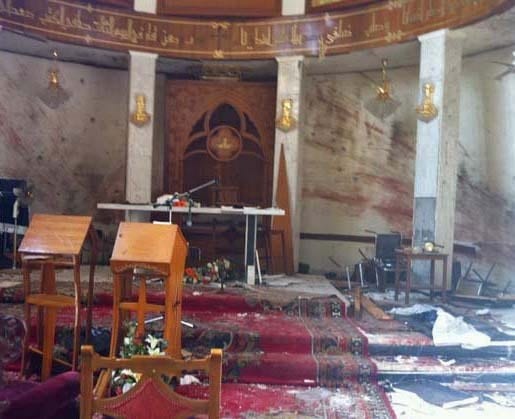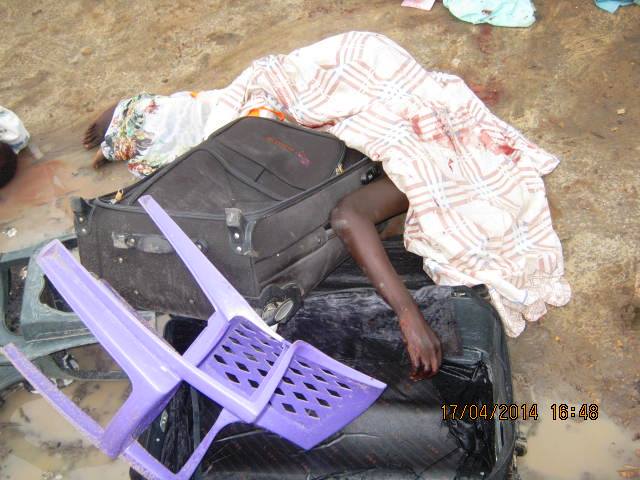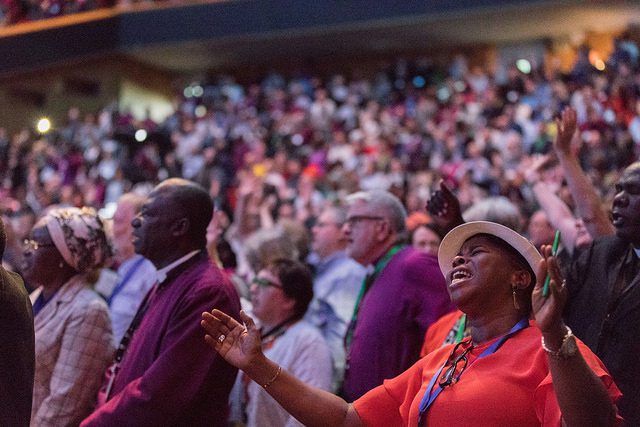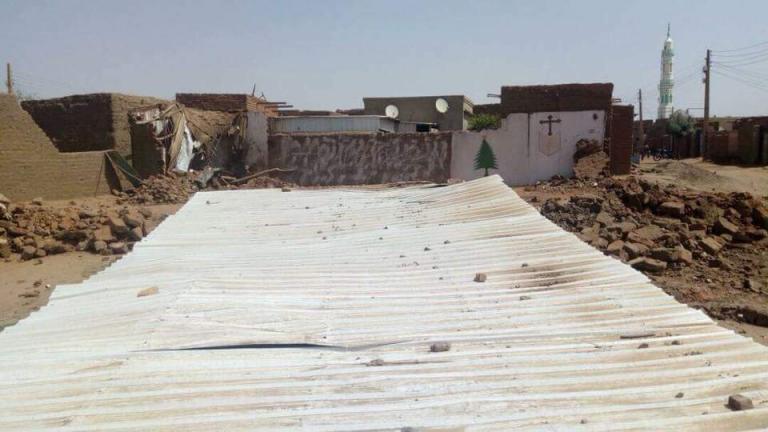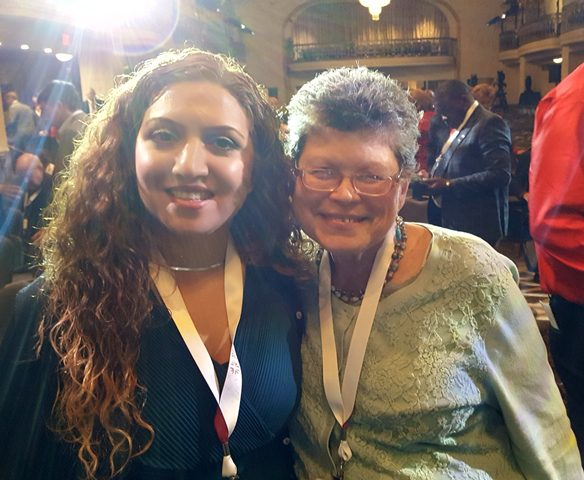
Last week I attended the Billy Graham Evangelical Association (BGEA) World Summit in Defense of Persecuted Christians.
The summit was the first of its kind in America to my knowledge, and I have been doing advocacy for persecuted Christians for 23 years as Religious Liberty Director at the IRD. There have been many conferences about religious freedom and/or Christian persecution. Some conferences have brought in speakers from other countries, even a few survivors of persecution and imprisonment. But never have we seen a conference on such a wide scale, with participants from 130 nations, and an overwhelming group of champions of the faith!
The BGEA asked me to be a special advisor during the summit, and to be a respondent to a speaker at one of the breakout sessions. The session at which I was to participate was one on how we in freedom do advocacy for Christians persecuted under militant Islam. I would be responding to a Christian from Iran. But I couldn’t believe the honor, when I found out to whom I was responding!
The Islamic Revolution had first targeted Anglican church leaders in the late 70’s and throughout the ’80’s because so many Anglicans were converts from Islam. But when I began working at the Institute on Religion and Democracy in the fall of 1993 it was at a period where a new crackdown had begun on evangelical Christian leaders in Iran.
Just weeks after I arrived at IRD we were doing advocacy — with no social media — for Pastor Mehdi Dibaj, sentenced to death for apostasy. But another pastor had been the first of the new wave of martyrs for Christ in Iran. In December 1990, Pastor Hussein Soodmand, 55, was sentenced to death in a Shari’a court in Mashad, northern Iran, charged with apostasy and with operating a Christian bookstore and an illegal church. He had converted from Islam in 1964 and had been an evangelist and Assemblies of God minister for twenty-four years.
Soodmand’s fellow pastors pleaded for clemency with the Dayro-E-Tasalamat (an Ombudsman/Muslim cleric whose title means “he who hears the cries of the oppressed”). But the Islamists in Iran were more interested in oppressing Christians than in hearing their cries. At the insistence of the Ombudsman, Pastor Soodmand was hanged on December 3, 1990 in Mashad, which in Farsi means “place of martyrdom.” This Christian martyr left behind a wife who going blind, and four children.
It was one of those children, Pastor Soodmand’s beautiful daughter, Rashin, that I was privileged to follow in the breakout session at the World Summit. Rashin told her father’s story and how he rests in a dusty, unmarked grave even today, because the Islamic Republic of Iran is afraid of the power of Christ’s Gospel.
This humble Christian woman spoke to bring glory to God and praise to her Lord Jesus Christ, the Lord for whom her father was willing to die. She spoke about her own commitment to following in her father’s footsteps, sharing the love and mercy of Christ for her fellow Iranians, but she spoke about it so matter-of-factly, as if to indicate “Well, of course! What else would I do?”
There is a compelling YouTube video that has actual footage of Rashin, her mother, and her brothers and sisters in December 1990, following the death of Soodmand. It is all the more precious a treasure because Bishop Haik Hovsepian Mehr, who would follow Pastor Soodmand to martyrdom, is present with Rashin’s family, praying with them and comforting them. This video tells the story that Rashin told the attendees at the breakout session of how she decided to follow in her father’s footsteps and share the love of Christ to the people of Mashad.
In the video, “Why I Wrote Out the Gospel of John,” Rashin explains that she had no Bibles to give to people. She wrote scripture verses on strips of paper and left them in taxis, doctors’ waiting rooms, on restaurant tables, etc.
Then she decided that it was not enough to just give a person hungering to know God one verse. Rashin wrote out the entire Gospel of John by hand in a small notebook and wrapped it with lovely gift paper. “I wanted to make it very exciting, very nice. . . to take people’s attention,” she explained. She left the gift in front of a house and prayed that God would send the right person to receive it.
Rashin is a hero of our faith. Rather than stay quiet about Jesus in the face of the brutal execution of her father — whether quiet through fear or even through anger at God for allowing it to happen (both thoughts that flashed through my mind of what my response would probably be!) — she found a way to be an evangelist even in Mashad, a city of extremists and fanatics.
Rashin not only wrote a part of the New Testament to share with the lost in her nation, she was, and is, a living testament, of both her father and her Lord. As Paul told the Christians in Corinth, Rashin’s courageous faith and compassionate love for the Iranian people show that she is “a letter from Christ. . . written not with ink but with the Spirit of the living God, not on tablets of stone but on tablets of human hearts.” I am honored to have met her.



